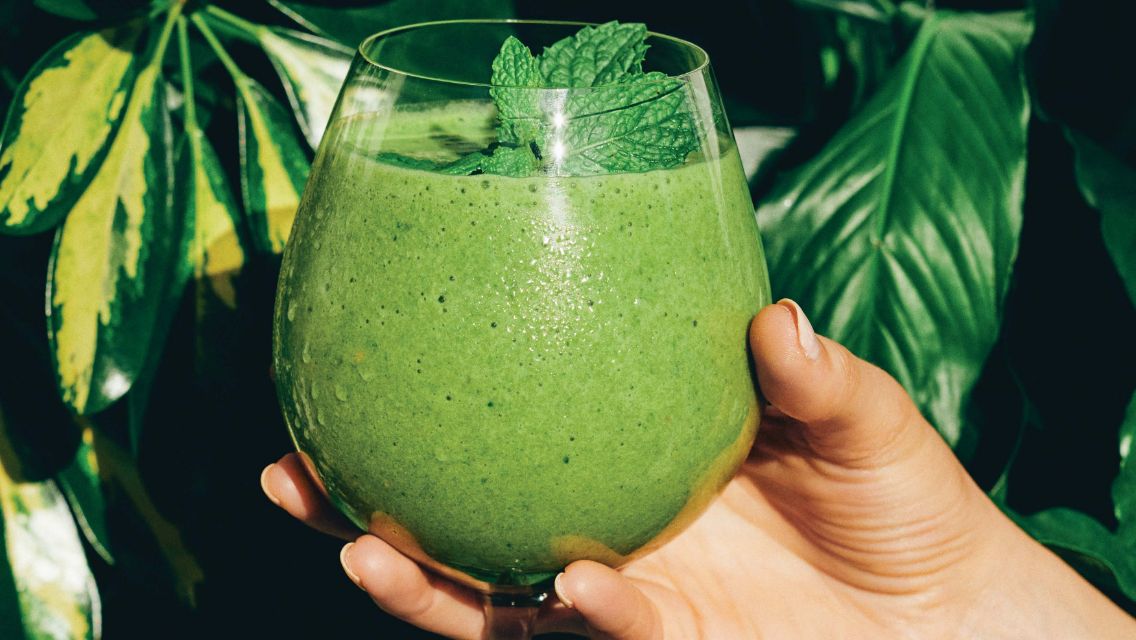Gut Health
Gut Health
Blog Article

Harnessing the Gut-Healing Power of Probiotics
In the intricate ecosystem of the human gut, there exists a vibrant world of microorganisms that profoundly influences our health and well-being. Among these microbial inhabitants, probiotics stand out as beneficial bacteria with the potential to restore balance, support digestion, and promote overall gut health. From alleviating digestive discomfort to bolstering the immune system, probiotics offer a natural and effective way to nurture your body's hidden microbial community. Explore Greengutglow to learn more.
Understanding Probiotics
Probiotics are live microorganisms that, when consumed in adequate amounts, confer health benefits to the host. While the gut is naturally populated with various bacteria, yeasts, and other microorganisms, probiotics—commonly strains of Lactobacillus, Bifidobacterium, and Saccharomyces—can provide an additional boost to the gut microbiome's diversity and functionality.
How Probiotics Work
When ingested, probiotics travel through the digestive tract, where they interact with existing microbial communities and exert their beneficial effects. These mechanisms include:
Restoring Microbial Balance: Imbalances in the gut microbiome, often resulting from factors like antibiotic use, dietary changes, or stress, can lead to gastrointestinal issues such as bloating, gas, and irregular bowel movements. Probiotics help restore microbial balance by promoting the growth of beneficial bacteria and inhibiting the proliferation of harmful pathogens.
Enhancing Digestive Function: Probiotics produce enzymes and other compounds that aid in the breakdown and absorption of nutrients, facilitating smoother digestion and reducing digestive discomfort.
Supporting Immune Function: A significant portion of the body's immune system resides in the gut-associated lymphoid tissue (GALT), where it interacts with gut microbes. Probiotics modulate immune function by influencing the production of cytokines and other immune mediators, helping to regulate immune responses and defend against pathogens.
Maintaining Gut Barrier Integrity: The gut barrier, composed of epithelial cells and tight junctions, plays a crucial role in preventing the entry of harmful substances into the bloodstream. Probiotics strengthen the gut barrier by promoting the expression of tight junction proteins and reducing intestinal permeability (leaky gut).
Benefits of Probiotics for Gut Health
Relief from Digestive Discomfort: Probiotics have been shown to alleviate symptoms of digestive disorders such as irritable bowel syndrome (IBS), inflammatory bowel disease (IBD), and functional dyspepsia. They can help regulate bowel movements, reduce bloating and gas, and improve overall gastrointestinal comfort.
Prevention of Antibiotic-Associated Diarrhea: Antibiotics can disrupt the balance of gut microbiota, leading to diarrhea and other gastrointestinal disturbances. Taking probiotics alongside antibiotics can help prevent antibiotic-associated diarrhea by replenishing beneficial bacteria and maintaining microbial balance.
Management of Gastrointestinal Infections: Probiotics may help reduce the severity and duration of gastrointestinal infections caused by pathogens such as rotavirus, Clostridium difficile (C. difficile), and certain strains of Escherichia coli (E. coli). They compete with pathogens for nutrients and colonization sites, thereby reducing their ability to cause infection.
Support During Travel: Travelers' diarrhea, a common ailment experienced by individuals visiting regions with different sanitation standards, can be mitigated by probiotics. Certain probiotic strains have been shown to reduce the risk of travelers' diarrhea and alleviate symptoms associated with gastrointestinal upset while traveling.
Incorporating Probiotics Into Your Routine
Dietary Sources: Fermented foods such as yogurt, kefir, sauerkraut, kimchi, tempeh, and kombucha are rich sources of probiotics and can be easily incorporated into meals and snacks.
Probiotic Supplements: If dietary sources are insufficient or if you're looking for targeted support, probiotic supplements are available in various formulations, each containing specific strains and concentrations of beneficial bacteria.
Timing and Dosage: To maximize the benefits of probiotics, it's essential to take them consistently and according to the recommended dosage. Consider consulting a healthcare professional for personalized advice on probiotic supplementation.
Conclusion
Probiotics offer a natural and scientifically-backed approach to enhancing gut health and supporting overall well-being. By incorporating probiotic-rich foods or supplements into your daily routine, you can nurture your gut microbiome, alleviate digestive discomfort, strengthen immune defenses, and promote optimal gastrointestinal function. With their diverse array of benefits, probiotics serve as valuable allies in cultivating a thriving ecosystem within your gut, paving the way for a healthier and happier you.
Report this page